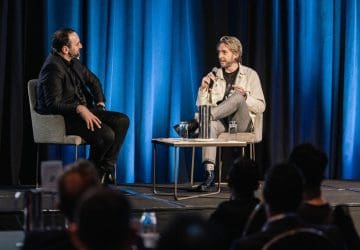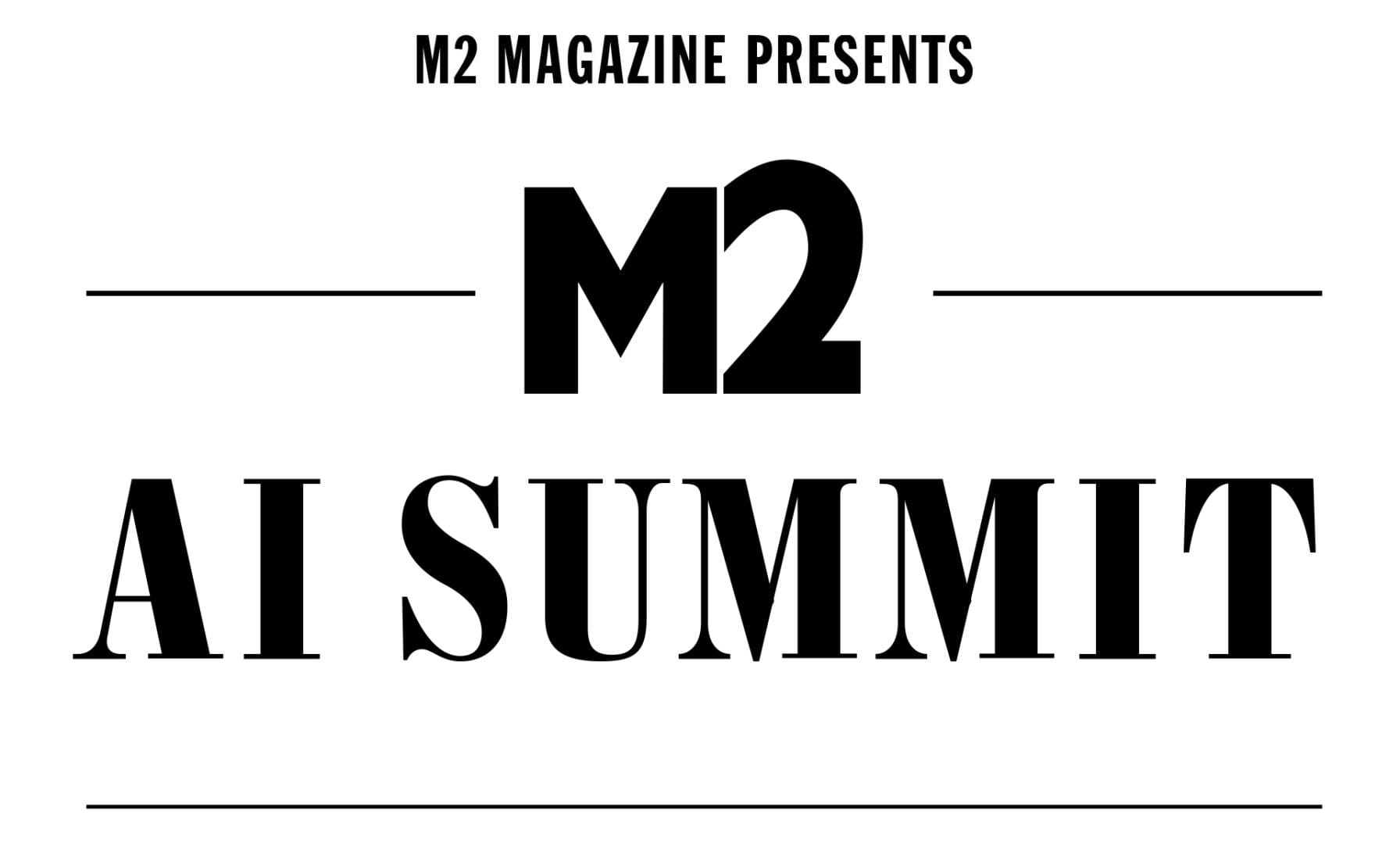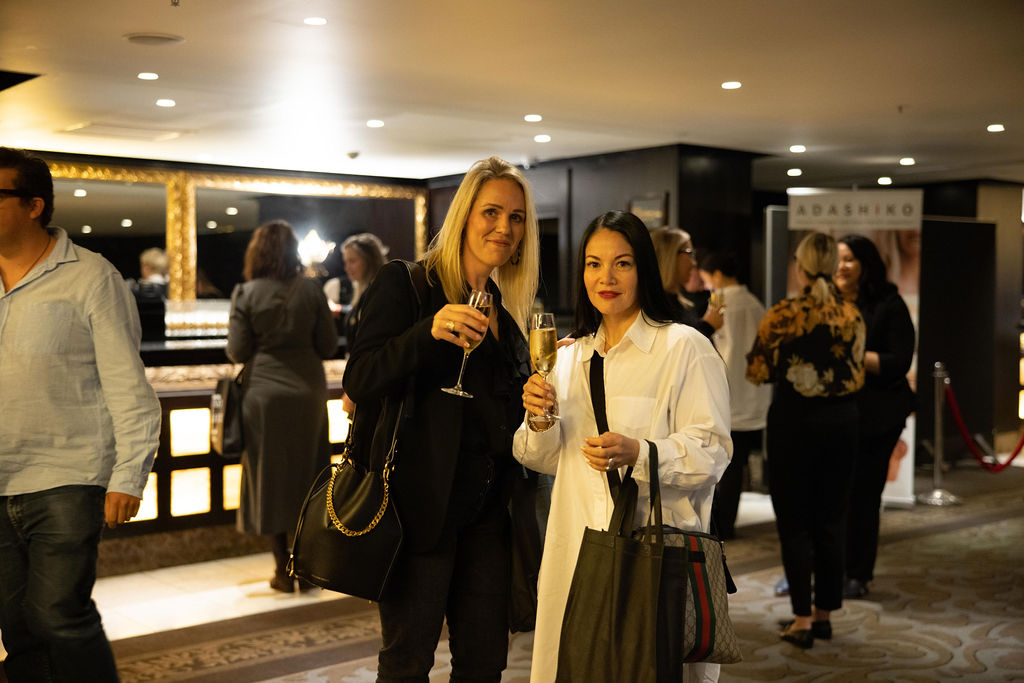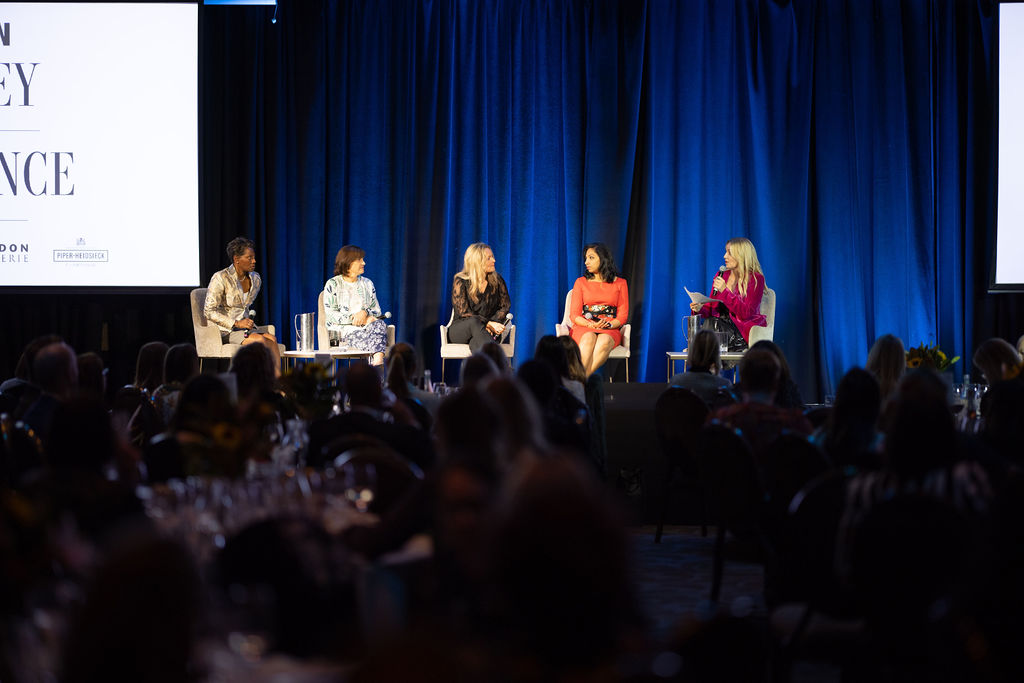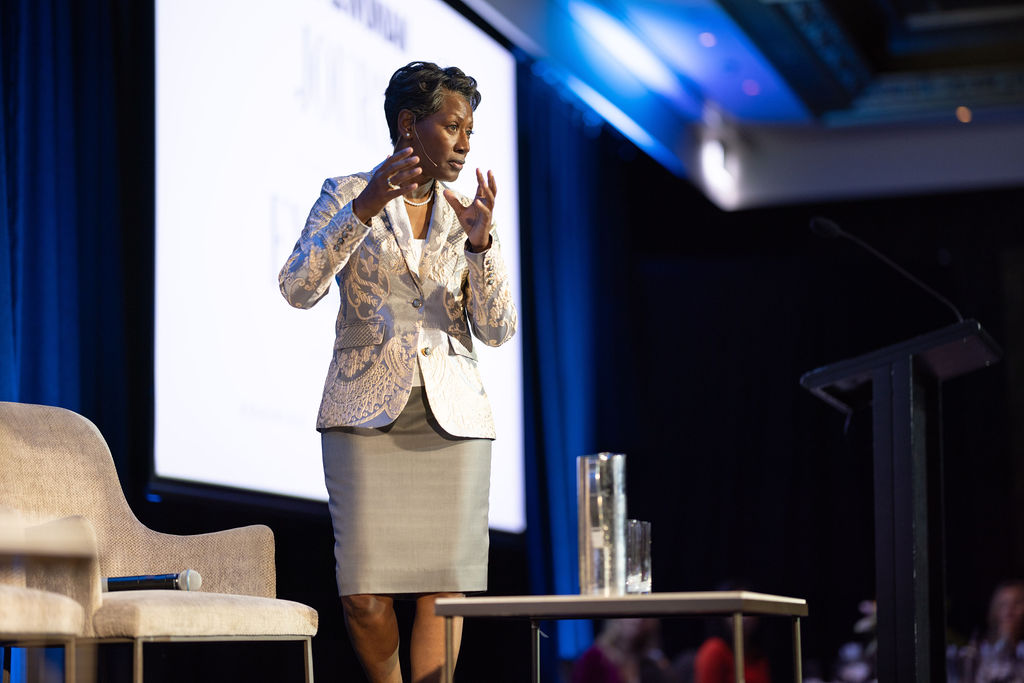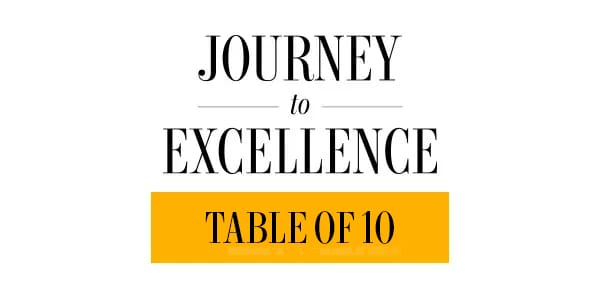M2 Summit: Talking To MediaWorks CEO Michael Anderson
Michael joined MediaWorks in 2016 from Australia where he was the chairman of Oztam and oOH! Media, and a non-executive Director of Fairfax Australia. Prior to his board tenure, Michael spent seven years as CEO of one of Australia’s largest commercial radio groups, Austereo, and before that as their Group Director of Sales. With Michael at the helm, Austereo saw increased revenue and audience share, while also making a successful transition into market leadership and digital. Austereo, operates iconic radio brands like Today Network and Triple M. Please welcome to the stage, Michael Anderson.
I’m not sure if you would have seen much of it while you were in Australia, but before you came here there were very publicised management issues with MediaWorks. What was your process for coming in and dealing with that?
I actually didn’t go online to check what had happened, so that was the first thing that got me here. If I had have, I might have backed out.
Probably my first learnings getting here after that period was that organisations can suffer trauma, just as an individual can. There was an enormous amount of trauma going on within the organisation. People had got to the point where they were needing to either leave the company or they had really gone to the extreme of personal perseverance in order to stay.
So there was a range of people who felt that the brand had been damaged. Then there were those who had been close to a lot of the pressures and were quite traumatised. I hadn’t really come across that before.
How do you go about fixing that? What was the process?
First thing was listen and provide a voice. I’ve got a wife who is a psychoanalyst, so she taught me a little bit about trauma, the ability to vent. I listened a lot. The stories were, I must admit, unbelievably fascinating. Those stories went on for about 12 months’ time, so it was allowing people to vent, allowing people to talk about them. They became larger and larger and they became more humorous and it gradually just bled out of the culture and just became part of the history, than a traumatic experience.
Did some of that need to happen? Was it part of what we’re going through at the moment, in terms of disruption and having to restructure things?
No, I think you’ve got two things happening. You have got your disruption, which we can talk about, but you have also got how you deal with that. I think it was the way it was dealt with. Sometimes you can have the right vision, you can have the right ideas and you can see the way the pattern should come together, but how you go about it can either be destructive or it can be constructive. I think if you listen to the stories, it was an incredibly destructive way about trying to achieve what wasn’t necessarily a bad vision, but certainly the path was a very tortuous one.
How do you define a good leader?
I have been blessed with having never really worked with one. My path in to media was when content was king, queen and jack and just about every coloured card you had in the deck. Sales was a necessary evil and we tended to be plonked onto the corner and nobody talked to us. There was no real professional development of sales within media in Australia at that time, which meant you had no mentors, there was no one. You picked up what worked, you stumbled across what worked and you read, you went to courses and you did all the different things.
In hindsight, self-awareness is probably a wonderful thing to have as a leader because I learnt by a lot of what not to do and I made a lot of mistakes and I was granted the opportunity to make those mistakes. The ability then to notice your patterns as they relate to other people’s patterns. When you are in conflict or you are a facing a situation – is this actually about them or is it about me? Just that ability to keep adjusting by being able to step outside of yourself a little bit.
Where do you think you learn that? Is that from having a psychoanalyst as a wife?
She came when I really needed her! I think you can develop that. I was lucky really, it was just part of my DNA. I have always been very self-analytical and always try to understand what works and what doesn’t work, and also being quite critical of myself when I do things that fail. So I became my own policeman, really.
Do you think that in New Zealand we have got a different take on failure?
Yeah, I don’t think Australia took it that well either really. Whenever you are in transition, you end up applying some of the old and some of the new. You cannot be on the bleeding edge, which is where a lot of us find ourselves now, without failure. There is no path. You are the first footsteps in a lot of these cases trying to actually find a solution. Everybody globally is in the same situation, trying to find a solution, so you don’t have a path to follow. So if you are not making a mistake, you pretty well have to be just sitting there doing nothing.
The definition of failure when I came to New Zealand was more ‘Am I being beaten by the opposition?’ So success and failure was very much driven by a competitor focus. That was probably the first thing I noticed. I can understand why, because there is two radio groups, there is two TV networks, there is two print outlets; media is a really closed shop in New Zealand.
I am incredibly successful and I’m the best in the country when I beat the other guy. I think what happened was that somewhere along the line we lost the focus on failure is not being the best you can be, and not referring to world’s best practice and not trying to find different ways. That was the subtle shift.
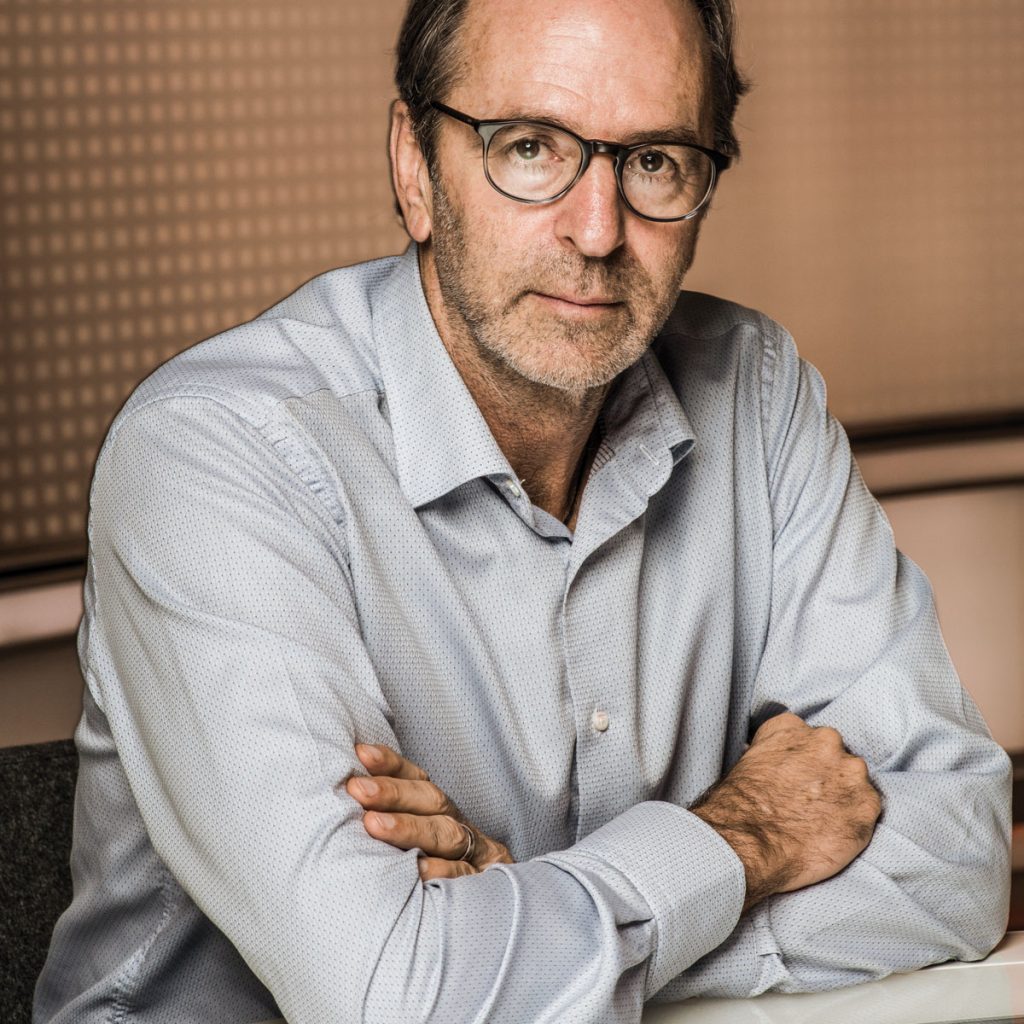
You have also got another issue with that as well, because Facebook and Google revenues will tell you that not necessarily the local players are your opposition.
No, and I thought I did a great job in Australia at the time, just to be self-congratulatory. Now I realise how ridiculously easy it was in comparison to this global impact of players. I went to Silicon Valley last year for a week and walked around and talked to the venture capitalists and talked to a lot of the start-ups that were there and being funded and it is such a different game when you realise. I was talking to a lot of these venture capitalists and they’re going, ‘OK, when the guys come in and pitch for the opportunity, we assess that if they can’t be a $10 billion company, they can go to New York and play in the second game here. But the first game of Silicon Valley is if you can’t be a $10 billion company, we don’t talk to you, we don’t fund you’. So that is just criteria one.
They are prepared to take time and there will be a series of fundraisers, but it may be over a ten-year period. If you mention that you are interested in making a profit, then that is the other knockout blow, they won’t work with you. They don’t want you to make a profit, they want you to grow and growth means just keep spending and doing whatever you need to do to get growth.
They’re prepared to be patient.
When I came back here and spoke to the team afterwards, I said we are playing a different game. We have to deliver a profit, we have shareholders or we have an owner and we are constrained and these guys are coming in and if they decide that you are in a market that is something that they want, it is just a totally different game.
They come in, they don’t play by the same rules. Just listening to them talk was quite sobering. That level of external competition, as well as the internal, has certainly made it a lot more interesting.
It is not necessarily just within the media industry is it?
No, it is not! I think what happens though is a lot of that initial social change impacts media first and it filters down. The thing about disruption is that, in a lot of ways, when we talk about it, it feels like it is something out there that is coming and impacting us. I think the more we think about it that way, then the more difficult it is.
Disruption just is. It just happens that I’m caught in the middle of transitioning from when there was no disruption, to the fact that it is a different environment. It is not something that is happening to us, it is our environment and I think we’ve just got to get used to that.
Can you talk about some of the things that you’re doing to deal with disruption?
Again, the interesting thing for me, and one of the most difficult things about New Zealand, was the scale. The scale issue I had never really thought about. If you look at ourselves, NZME, NZ Herald, Radio National, TVNZ, and Stuff, etc and you put them all together, we are probably spending $150 million a year on news. That is local news in essence for 4.5 million people. It is a massive issue on scale.
In the end, how can you make money out of that in the medium term, let along the long term? The same thing plays out on every platform, and therefore, if you can’t consolidate within your platform, which is impossible here, the Commerce Commision will knock us back from being a monopoly on radio or a monopoly on TV. They knocked back already a monopoly on print, therefore the only way to grow is to scale up and move across platforms. Is it a long-term solution? I have no idea. But is it the only solution? The beauty about it is, yes.
The out of home acquisition is all about creating touch points for advertisers, touch points for us, touch points for consumers to be able to actually move across platforms so that we can be a bigger part of the conversation.
Do you think the commerce commission needs its mandate checked or maybe it needs a kick up the arse?
I think the Commerce Commission does a very good job of delivering on its mandate. I think its mandate is completely inappropriate in this world. I think the part that we play here, and if I want to globalise this a little bit is, when media is under threat, it is not just another business. I’m going to get on my high horse a little bit here. It is about democracy. If you lose diversity of voice in this market, you end up with the potential where TVNZ could be the only TV network and it is government-owned. It is a government-owned news voice and it is the only one. Then you end up with if one of the radio networks go down, if one of the print networks go down; you have got that situation where it is not just about Commerce Commission’s mandate, which makes it very difficult to scale appropriately, it is also about what the repercussions about that are.
Our view is that government can’t just allow market forces to just sort themselves out. Our News Director said this yesterday at a client event; the technology platforms have no interest in news, they will never do news. But if the business model allows them to destroy the local capacity to generate news, then the government has got an issue and the people of New Zealand have an issue.
I think government has to be more aware and then from that, of course, the mandate from the Commerce Commission can change. I think it is, like most things, 5 years or 10 years behind what is happening in the world.
How do you structure things at MediaWorks and how do you rally together and make sure you are productive as you can be?
Again, if I come back to that 2.5 years ago when I got here, what the company had done had been trained to break into tribes and defend the culture. The radio guys resented the TV guys, and the creative guys resented the sales guys and everybody was just trying to keep their patch alive. This wasn’t a company anymore, it was just simply a whole conglomeration of tribes. The beauty about that was that they all had enough passion to protect the culture. The negative is that there was no cohesiveness left.
Probably the bulk of the work is actually being transparent and open and talking to all of the people within MediaWorks, from the top of the North to the bottom of the South and everywhere in between, but predominantly it has been about the Exec team. We have spent two years working as the Exec team on the Exec team, on being a team that actually works on the business rather than just is protective of its particular discipline, which is where it had fallen back to.
Transparency with our people and being open and honest about the issues and the challenges, but it is about that team. Two years ago, we had our first catch as a team, and it was articulated that the Exec team wanted to become the team that the company deserved and from that moment, we then started working together and working through all of our personalities to a point where I think we are a lot more cohesive now.
Do you think your sales background has an influence on your position?
Again, probably going back to that initial point of when I came into radio and media, sales was a non-entity really. So it coloured me a lot. The reason it coloured me was that we took a lot of bullets on behalf.
Sales was sent out, because we just sold the end product. Build the product in isolation and then sales go out and sell it. In the middle of that, the content guys could go ‘We’ve changed our mind, we’re not going to do that because some listener said they didn’t like it, or we want to have fewer ads’. Whatever it was, they could just make decisions on the spot.
So you would go out, you’d work for a month, you’d make the promises, you would be working hard to deliver and then all of a sudden you would have to go back out to the client and go say sorry, and then try and maintain some credibility.
That level of dysfunction meant that when I took over as CEO, I was really intent on trying to get the whole organisation to be sales focussed and not just a sales team selling the product. Also, given that I’m not very systems orientated, I became manically systems oriented and process orientated to make sure that we didn’t let the customer down, which would have then put the sales person or the sales team as the meat in the sandwich. I went quite anal on systems and processes, quite strangely.
Sales is often seen as a bit of a dirty word. Did you have to shake that out a little bit make sure it was a total organisational focus?
Yeah, it is a little bit like turning it into a profession that people can aspire to, that people can grow through, that people can find what their career trajectory is and supporting them. We were the first people ever to actually train a sales person. It had never happened in media before and everybody else thought we were mad.
It is a little bit like creating it as a discipline, rather than what in those days was commission only. It was just hungry people who you could just send out and occasionally they would work out and mostly they wouldn’t.
I still think there is a propensity to blame sales. If everything is going right and your revenue isn’t there, there is still a propensity to go, ‘It is not a revenue problem, it is a sales problem.What are you guys doing wrong or what aren’t you doing?’ But trying to eliminate that too, to turn that more into a business issue and not a sales issue. There might be a revenue problem, but it is a business solution that we will find through that. I think it has changed quite dramatically.
Often the sales team is on the front line really, so they can potentially take feedback back to the organisation and you can modify things.
If the organisation wants to listen. I was really interested in the comment earlier that says when you get into trouble, you put all of your effort into sales. If the organisation is prepared to listen, you will actually be ahead, they are your early warning signal. Yeah, they’re handy occasionally.
Can give us some insight? How does the market feel at the moment?
I have been having existential discussions for the last couple of months on this, and I went to the PWC event this morning with Helen Clarke and a few others talking about the global impacts of what is happening and how that will affect New Zealand. I have to profess to reality that there is going to be impact here.
We saw the beginning of it last year. The whole advertising industry was in decline across every single platform. That was a health economy, that was purely sentiment – business sentiment. I think it was just a bit premature, but I don’t necessarily think it was misplaced. I think we need to prepare for what might be a difficult couple of years. My message in that would be invest in sales and spend a hell of a lot on advertising!
Again, I don’t see it as catastrophic, I see it as that is just the way it is going to be. We are incredibly impacted by global as well as local and let’s just get used to it, but let’s not pretend it is not going to happen.
Is there any structural advice that you can give other industries, beyond investing in sales and advertising?
Again, transparency. I made a mistake last year as we were trying to fix TV, because TV was in a fairly catastrophic position when I took over. The beauty about me coming in was I had had no background in TV, so I just went in and we started playing around and a lot of it worked.
The beauty about it was we were able to talk to our staff and go ‘We are trying to fix this and if we can’t fix it then there will be no TV, let’s not mess around’. Once you get through that shock, all of a sudden everybody aligns, pulls and then if you’ve got trust and faith in all the different teams that are working together to make that not happen, it is a lot easier.
Late last year, the mistake I made was actually thinking that it was my responsibility to stop that from occurring. You take that on and then you start to close up and then you start not to talk to anybody and you start to try and find solutions. It took me a few months to work out that I couldn’t wear that burden. Then we went back out again and made it everybody’s opportunity to deal with the issues.
So I think it comes down to transparency and just being up front that you are not the solution, you are just part of the solution and no one bears the burden, but as a team we can actually deal with whatever comes our way.
It is the faith that you can deal with it, you can’t predict what is going to happen, you have no idea what it is going to look like, but you can with certainty go, ‘I think we are prepared, I think we are capable, I think we are flexible, I think we have the passion’. My experience is if we’re talking openly like that, then we will deal with it.
Is there an element of removal for you from, say, the rest of the team?
It is like a cliché really, isn’t it? There is always an element of removal. Again, early in my career I made a mistake – not a mistake, I had a learning, which was a mistake. Thank god it turned into a learning!
The first time I’d ever come across a true narcissist. I had read about them and I knew there was such a thing as NPD, narcissistic personality disorder, which was just not a big ego. As it turned out, the person that I finally saw as one was a person that had become my best friend in work and our families had become very close and I’d been expecting that he would step up to be the next CEO after me.
So when it all came dramatically unstuck, it was a learning for me to go ‘At some point, I have to be capable of being emotionally removed’, and that means I don’t have the luxury of diving deeply in. Great to be friends afterwards, before and very good to be sort of friendly, but I learnt a lesson that said I’ve got to be a bit careful because I can actually lose my objectivity. And that was to the detriment of the company really, that I’d failed to pick that up for quite a while.
What were those signs?
It is a dangerous thing, because if you’re good at this, then it is almost impossible and they manage up so well and they manipulate so well. If you happen to be a person of influence that they decide that they should have you on side, they’re unbelievable. You cannot pick them. You need to be aware of the other signs.
If you listen, it is the people who aren’t on their inner circle. It is the people who aren’t important to them. That is where you’ll start to pick up signs of ‘Hang on, this is not resonating with the person I know’.
My mistake was to assign the issue to the person who was complaining because I knew this person and there is no way that person could be like that. So I didn’t listen to those other signs that I wasn’t picking up.
AUDIENCE Q&A
Why don’t media companies put more effort into radio streaming? No one seems to put a lot of effort into quality radio streaming and make it easy.
The new Rova app is coming out again in three weeks’ time, new and improved and it will be much better. The simple answer is that unfortunately really, disruption to linear radio is happening much slower than it is to print or TV and so resources haven’t shifted as quietly. That is not a good reason, but it is just a statement of fact.
When you have got that level of disruption happening in TV and other areas, all the resources go into making sure that that is getting what it needs first, and then you move across to the one that you have got a little bit more time to work on.
If we were a radio-only company, I think we probably would have dealt with that already, but it is just not life-threatening yet. Whereas, we actually have had a few life-threatening events in the other media.
Are there things that are you looking forward to? Are there opportunities you see on the horizon as well?
Thank you for mentioning that, yes. I have a propensity occasionally to go down the rabbit hole, so it is good.
The reason I’m doing what I’m doing and the reason I’m feeling very confident is I would hate to be just simply plugging along and going ‘Can we do 7% more next year than we did this year? And then can we do 8% the year after?’ It is incredibly boring.
What I like about where we find ourselves, is that there are no answers and that there are no solutions. You don’t just go ‘Oh, that is a solution, put it in place’. It is a strategic Disneyland really, because you just get to play, you get to follow things, you get to try things. You make mistakes, you step back.
If you do find a solution to a particular step along the way, then that is an opening for other people as well. If you like to be in the unknown, if you love change and if you are bored with just one step after the other, there is no better time to be alive and in business right now. That is the exciting part of it.
I’ll tell my people that if you’re not, I don’t know where you work. You could leave media, but it is going to be everywhere you go so just don’t work if this is scary. Just stop!
What makes a great salesperson?
I think there is two types of great salespeople. There is one that genuinely cares about the customer outcome and every resource you give them that enables them to do a better job of that; the ability to do a better analysis, better research, better tools – absolutely that is a great salesperson. So one who genuinely cares. There are other attributes of course, but that is a fundamental.
The other one, they have got a lot of the other attributes that you want; the ability to persuade, energy – all the different things that you need, and they don’t care really at all about the customer outcome. But, they’ve got a massive ego and once you tell them that that is the way they’re going to be judged, on the quality of the client’s outcome, they will be almost perfect at doing it because they want to continue to grow and want their career to grow.
They’re the two and I’ll take either one. I prefer the one who really cares, but in the end as long as you’re doing all the right things and you’re getting great outcomes for clients, then that is number two. If you can’t do that, then you shouldn’t be in sales.
How do you know whether it comes to people and opportunity or a business, in your mind or in your experience, how do you know when to cut someone’s runway off?
I start with people last. I look at everything. I look at every single bit of inefficiency, every single opportunity. I look at where it might hurt the company but it will be a delayed outcome. I look at everything we can do before I look at people. Then when you go to people, I would then go back to cut rehiring first and try and do it by natural attrition.
When I was with Fairfax and a director there, we cut 4,000 people out of the company. $500 million were the costs out of the company. Even now, I still look at that and I don’t know how the company kept functioning. I don’t know how the culture stayed and I don’t know why people stayed. It is doable in a catastrophic circumstance, but it would be one that I’d avoid right to the enth degree before I moved on people.
So in essence, I’m saying I’m avoiding the question because it is just a personal thing for me. I will do it, but I will do everything else first.
Would you apply the same criteria for a business or a business idea or division?
Yeah, again the best way to get me to actually take a risk and spend money when we are being told to cut and take that risk is when I’m feeling completely backed up against a wall and going ‘Really, what have I got to lose?’ It makes it easy.
If I am going to miss by $2 million, I might as well miss by $4 million – go for it. Then, hopefully there is another country I can move to if necessary! That would be my approach really.
Just on the Fairfax, how do you personally reconcile being part of a board that has to cut 4,000 people?
Yeah, I never did. I actually never reconciled it. It was an incredibly challenging time for me. One that I feel like I learnt an enormous amount from. But did I ever go home and go ‘I get it?’ No, not really. I think you do what you need to do, otherwise don’t be in that situation. Your choices are resign or do it, but reconcile it? No, not really.
I think it is a hard thing to do when you’re talking that scale. When you are talking letting five people go, and they’re good people and you know that they’re going to get another job and you will do everything you can to help them get another job. But when you are letting that many people go and you know some of those people don’t have the opportunity to recreate themselves and their opportunities, I think it would be sad if you resigned yourself to that. That was very sombre.
What is the best piece of advice you have been given?
It was don’t take yourself seriously. You are unique, you are not special. I just keep coming back to it.
Find out more about our next event here


